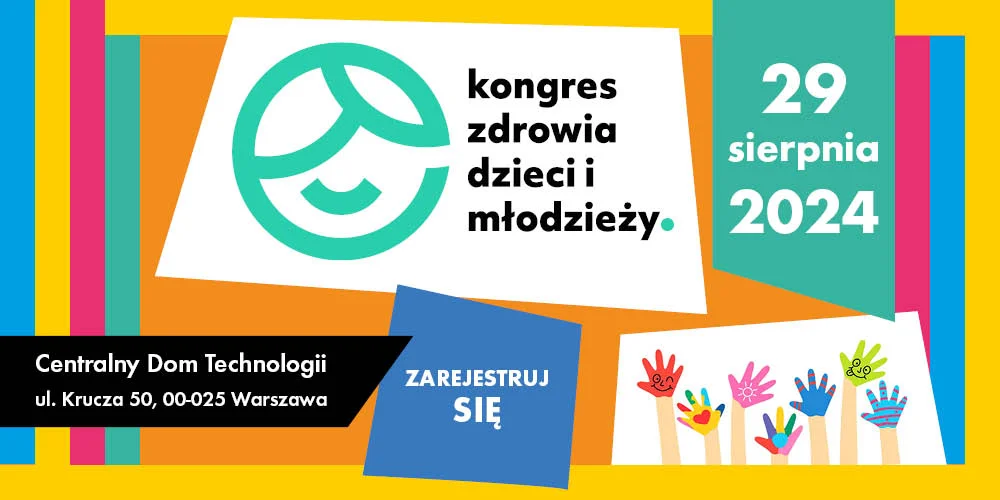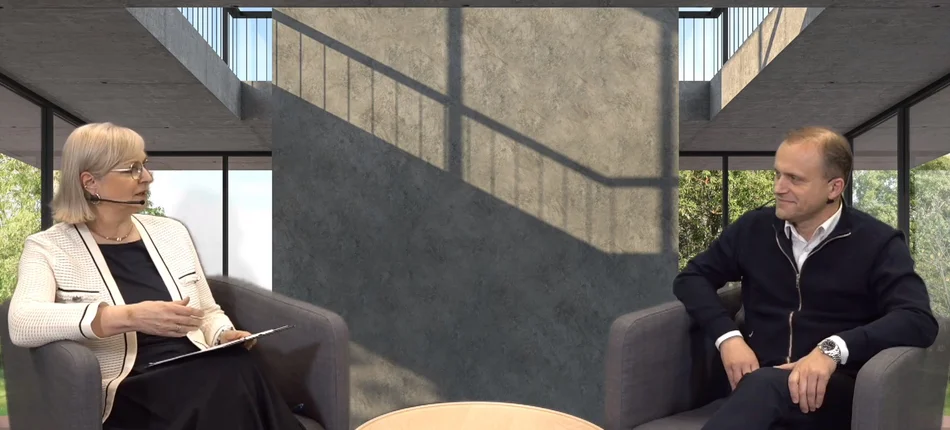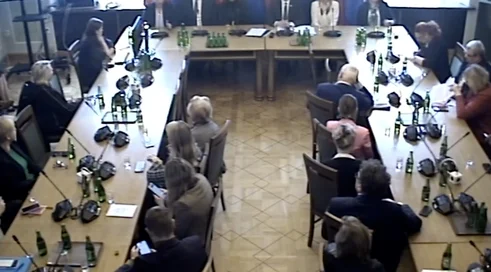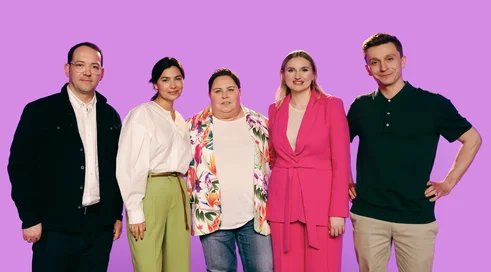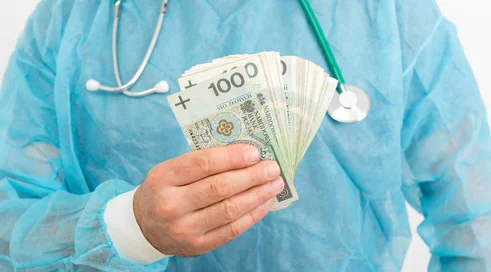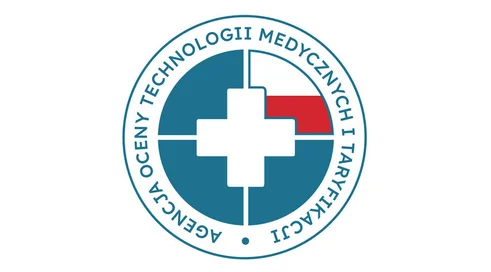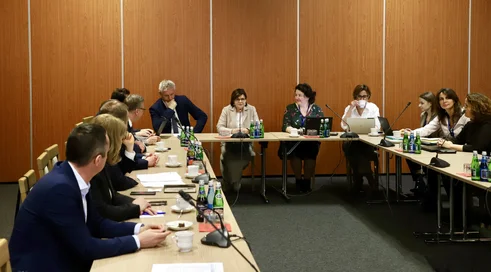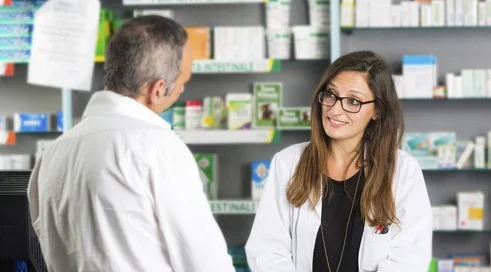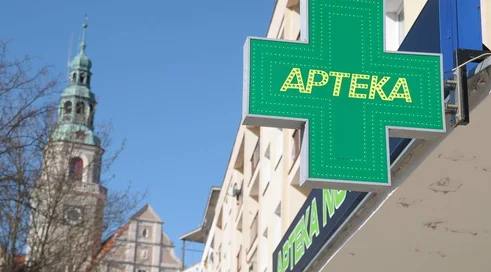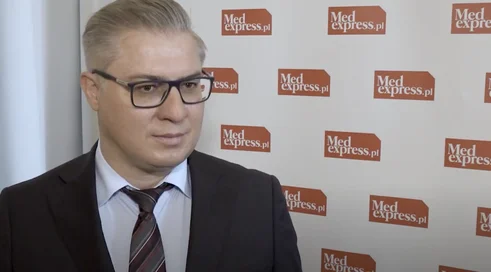Nutricia is a company with great traditions and capital. It is 127 years old. What pioneering, innovative solutions in specialty nutrition have you brought to the market, not only in Poland?
Yes, the company is more than a century old and has Dutch roots. Nutricia started with the category of products for children, specifically their proper nutrition. This has also been the core of our business in the Polish market for the years. 90. Here we are also developing new product categories for other groups of patients or consumers. I'm thinking particularly of adult patients, which is partly related to the inexorable demographics in Europe, including Poland.
The company has a beautiful motto - to serve people with the best nutritional care at the most sensitive moments of a person's life. That is, from the youngest to the oldest citizen?
Yes, we have several educational programs. Among them, "1000 first days" with more than ten years of tradition, where we used to count these 1000 days from the moment of birth, but some time ago we decided that we would count them from the day of conception, because the habits we have at least during pregnancy also affect how the child will function in its first years, and consequently throughout life. So we start as early as the prenatal period.
In what areas of medical nutrition are there the greatest needs in Poland at the moment?
Medical nutrition is the second product category that we have been developing for many years. Actually, we are specialists in this and the largest company in Europe in this discipline. It is mainly based on the assumptions and research of evidence-based medicine, which states that certain diseases with improper nutrition, the provision of nutritional substrates, run worse. The correct level of nutrition of patients with different products, depending on the ailment, diseases, affects the effectiveness of treatment in a given therapy. I am talking about milder diseases like allergies, where we use elimination diets, in which certain ingredients are not given, which we ...
Content locked
To gain access to the complete English section of the Medexpress.pl, kindly reach out to us at [email protected].




